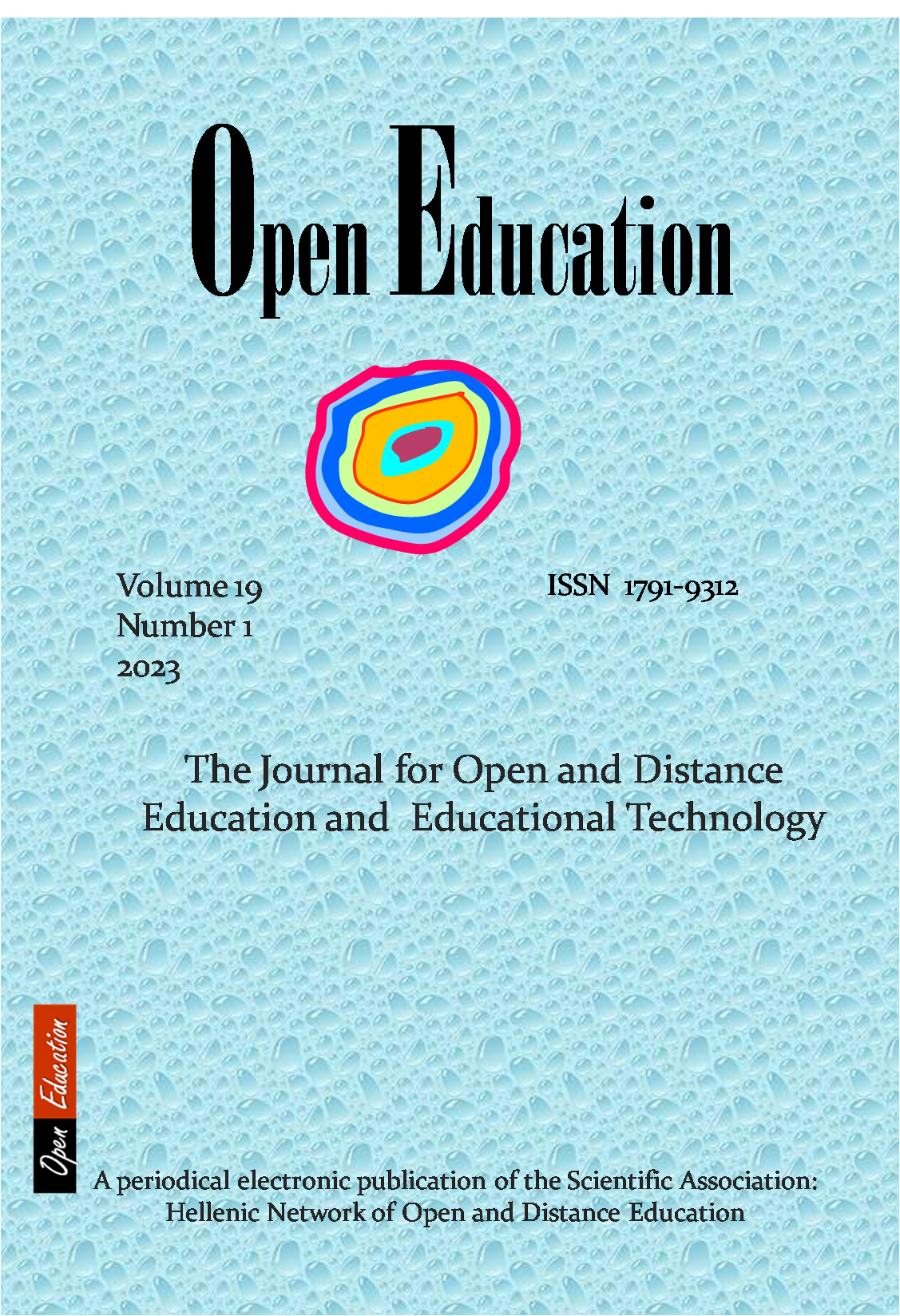Adult learners' perceptions about MOOC technologies in Adult Education
Résumé
The present study attempts to explore the potential for self-regulation within an online educational environment, detecting the characteristics of adult students. At the same time, the effectiveness of the platform OpenedX, which offers Massive Open Online Courses, is being examining, in the above educational framework. Towards this, a research was conducted in which 79 students of the "Informatics" Curriculum of the Hellenic Open University participated and they were invited to attend an online course on this platform. The research questions were examined through the results of two ways of collecting data. Firstly, two close-ended questionnaires and complementary through interviews with 10 of the students were used. The results showed that students’ perceptions about the contribution of the xMOOC to the self-regulation were positive. In particular, the answers highlighted the contribution of the e-course in setting personal goals, building an effective learning environment and implementing effective task strategies. In addition, the contribution to the time management, help seeking and self-evaluation were highlighted. At the same time, the participants pointed out suggestions for better use of these courses, in a self-regulated learning context, such as the better use of the forum. Finally, the results of the research highlighted that the platform used is a suitable tool to support these courses. The participants described the platform as a tool that someone can easily learn how to use and this fact allows the plans for the expansion of this research using the same platform.
Article Details
- Comment citer
-
- Rubrique
- Άρθρα

Ce travail est disponible sous licence Creative Commons Attribution - Pas d’Utilisation Commerciale - Partage dans les Mêmes Conditions 4.0 International.
Οι συγγραφείς των άρθρων που δημοσιεύονται στο περιοδικό διατηρούν τα δικαιώματα πνευματικής ιδιοκτησίας επί των άρθρων τους, δίνοντας στο περιοδικό το δικαίωμα της πρώτης δημοσίευσης. Άρθρα που δημοσιεύονται στο περιοδικό διατίθενται με άδεια Creative Commons 4.0 και σύμφωνα με την άδεια μπορούν να χρησιμοποιούνται ελεύθερα, με αναφορά στο/στη συγγραφέα και στην πρώτη δημοσίευση για μη κερδοσκοπικούς σκοπούς και με δικαίωμα τροποποίησης μόνον με παρόμοια διανομή (αν αναμείξετε, τροποποιήσετε, ή δημιουργήσετε πάνω στο υλικό, πρέπει να διανείμετε τις δικές σας συνεισφορές υπό την ίδια άδεια όπως και το πρωτότυπο).


